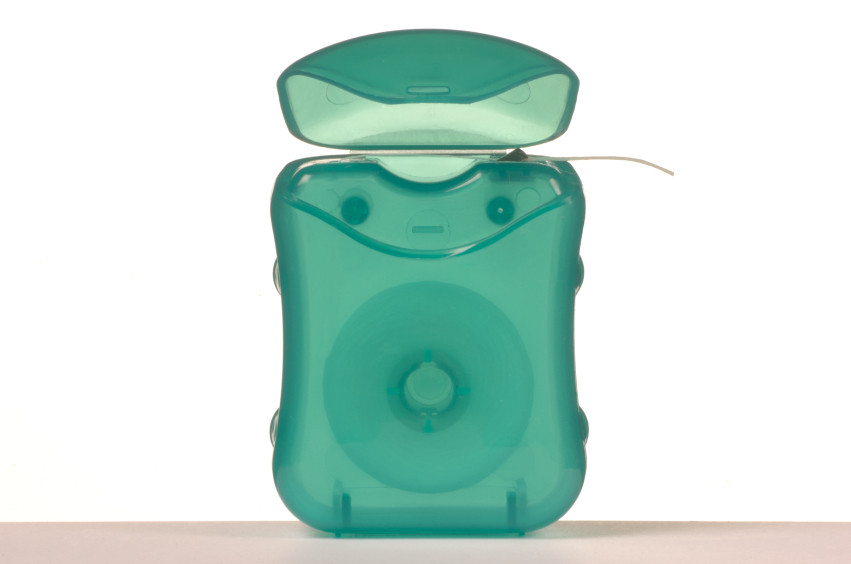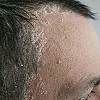Ask the doctor: Do I really need to floss every day?
Ask the doctor

Q. I recently read an article claiming that flossing your teeth is a useless activity. Is this true? Should I not do it anymore?
A. Last year, the U.S. government's dietary guidelines dropped the recommendation for regular teeth flossing. This action was not due to any new research refuting the benefit, but rather the fact that the existing research did not meet current standards for "proof" of benefit.
Part of the problem is that most flossing research is a challenge to interpret. For example, many studies are short-term, covering only three to six months. In this time frame, the addition of flossing to regular toothbrushing lowers the risk of gum inflammation (gingivitis). Yet, bone loss from gum infection (periodontitis) and cavities may take longer to develop, so how flossing may help with these problems is unknown. Also, a recent review of flossing studies found that many were sponsored by the makers of dental floss, which raises questions about conflict of interest.
Since flossing is inexpensive and low-risk, the American Dental Association and most dentists still endorse daily flossing. The long-term benefits may be unproven, and more definitive proof still may be years away. If you have trouble with traditional floss, try interdental brushes, which are easier to hold and use. You can find them at most groceries and drugstores.
—William Kormos, MD
Editor in Chief, Harvard Men's Health Watch
Disclaimer:
As a service to our readers, Harvard Health Publishing provides access to our library of archived content. Please note the date of last review or update on all articles.
No content on this site, regardless of date, should ever be used as a substitute for direct medical advice from your doctor or other qualified clinician.












